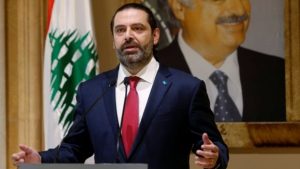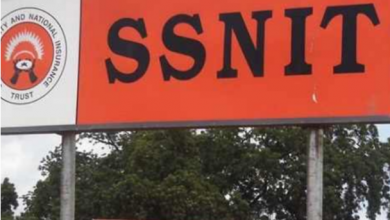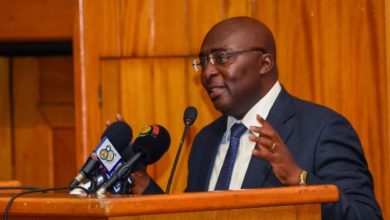InternationalNews
Lebanon’s PM Saad Hariri resigning amid protests

Lebanon’s Prime Minister Saad Hariri has said he is resigning, amid protests that have gripped the country for two weeks.
Mr Hariri said Lebanon had reached a deadlock and needed a shock to break the crisis.
The protests began against now-scrapped plans to tax WhatsApp calls, but quickly widened to target political corruption and the economic turmoil.
Lebanon has one of the highest debt levels in the world. In a televised address, Mr Hariri said he would tender his resignation and that of the government to President Michel Aoun.
Mr Hariri said: “For 13 days, the Lebanese people have waited for a decision for a political solution that stops the deterioration.
And I have tried, during this period, to find a way out, through which to listen to the voice of the people.”
But he added: “It has become necessary for us to make a great shock to fix the crisis.”

The demonstrations have reflected the schisms within Lebanese society and have led to a 10-day closure of banks, with many other offices, schools and universities also shut.
The militant Shia group, Hezbollah, which has dominated Mr Hariri’s coalition government, has recently hardened its stance against the protests.
On Tuesday, black-clad men loyal to Hezbollah and another Shia group, Amal, destroyed a protest camp in central Beirut, chanting slogans, setting tents on fire and beating anti-government demonstrators. A roadblock set up by protesters was also attacked.
Riot police and troops have tried to separate the rival groups, firing tear gas.
Hezbollah had argued against Mr Hariri’s resignation, saying it could result in a void in Lebanese government.
Hezbollah leader, Hassan Nasrallah, has suggested the protests are funded by foreign powers and last Friday said “someone is trying to pull [Lebanon]… towards a civil war”.
Mr Hariri and his coalition administration, including Hezbollah, had earlier agreed to a plan of reforms to try to placate protesters, but their campaign has continued.
The BBC’s Martin Patience says many in the population are tired of economic stagnation, endemic corruption and a lack of basic public services.
He adds that the developments will alarm the West, which regards Lebanon as an island of relative stability in a turbulent Middle East.
A power-sharing agreement that ended the country’s civil war 30 years ago has kept the peace, but it has failed to halt the slide towards economic crisis.
Source:Fiilafmonline/BBC


